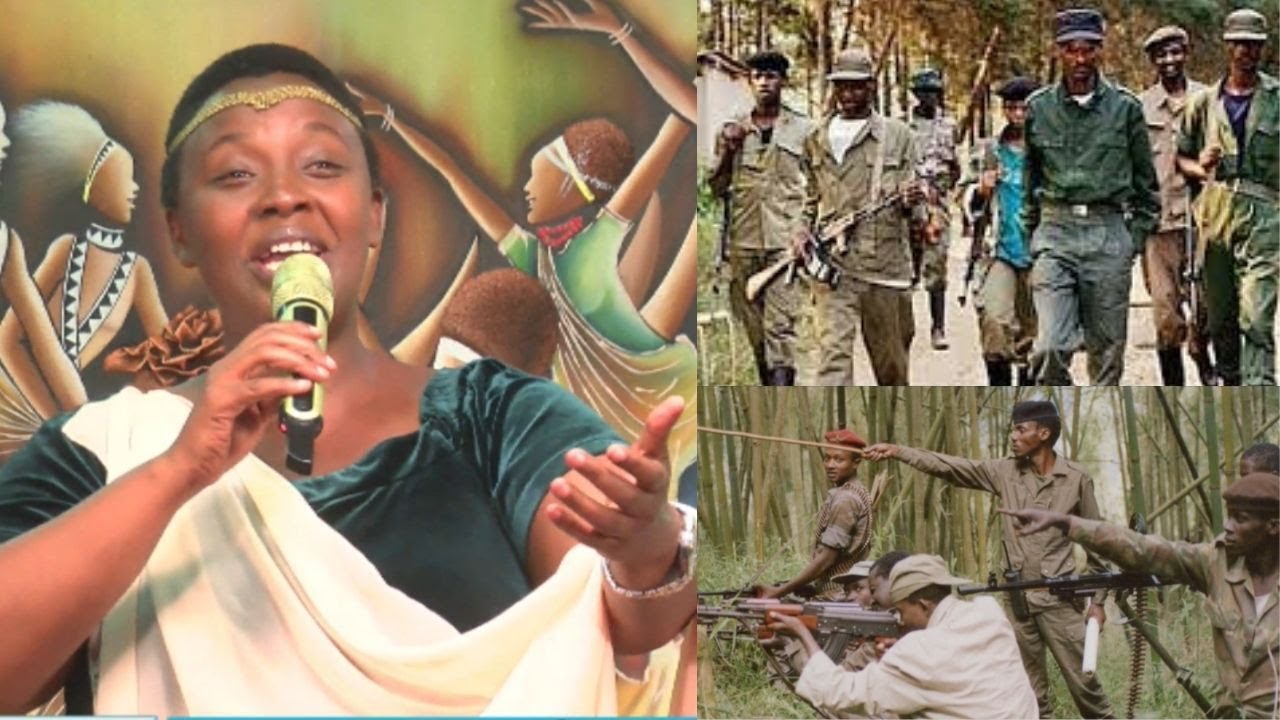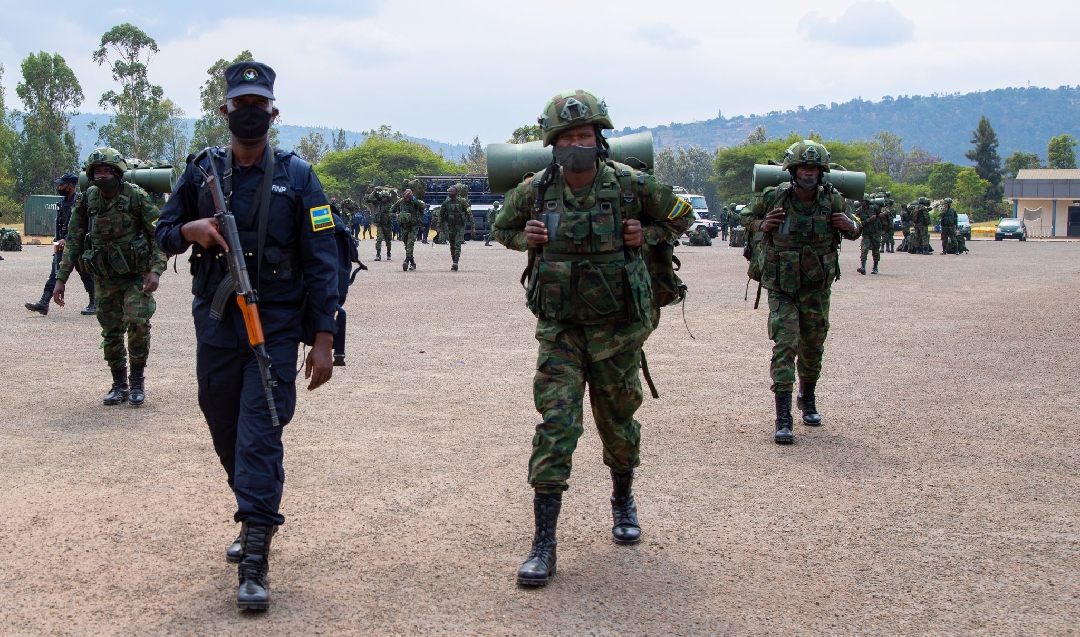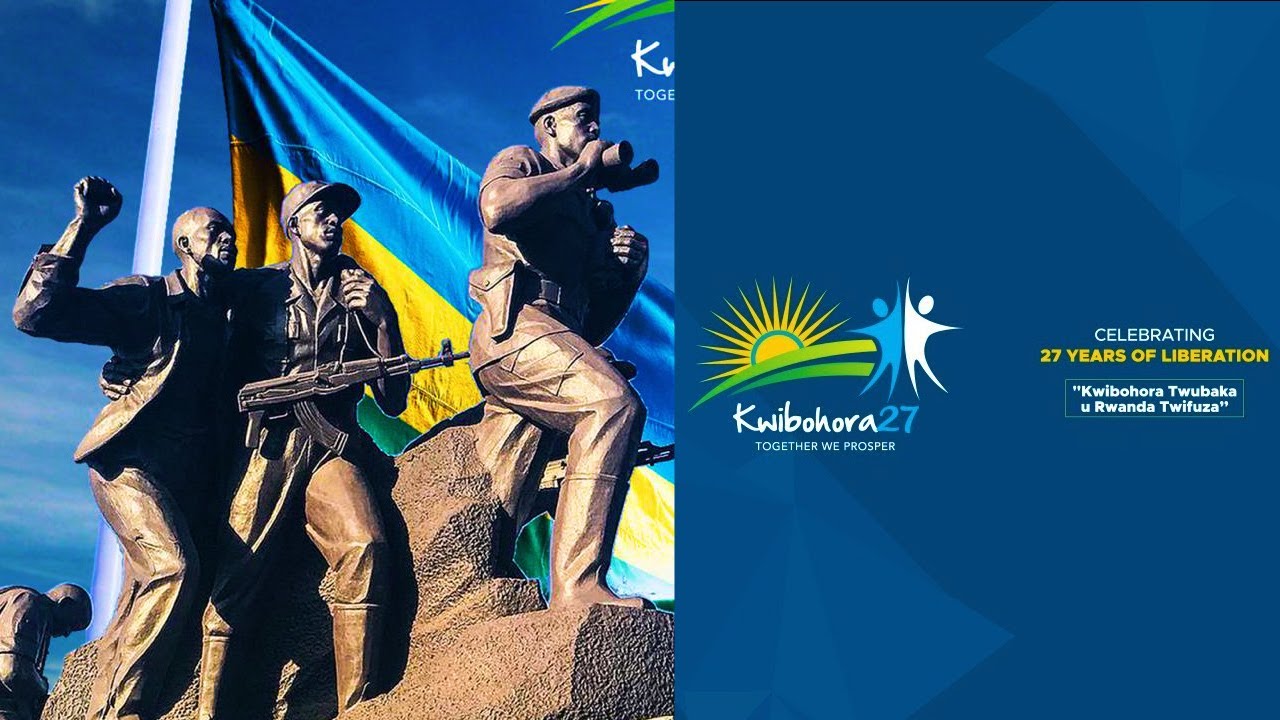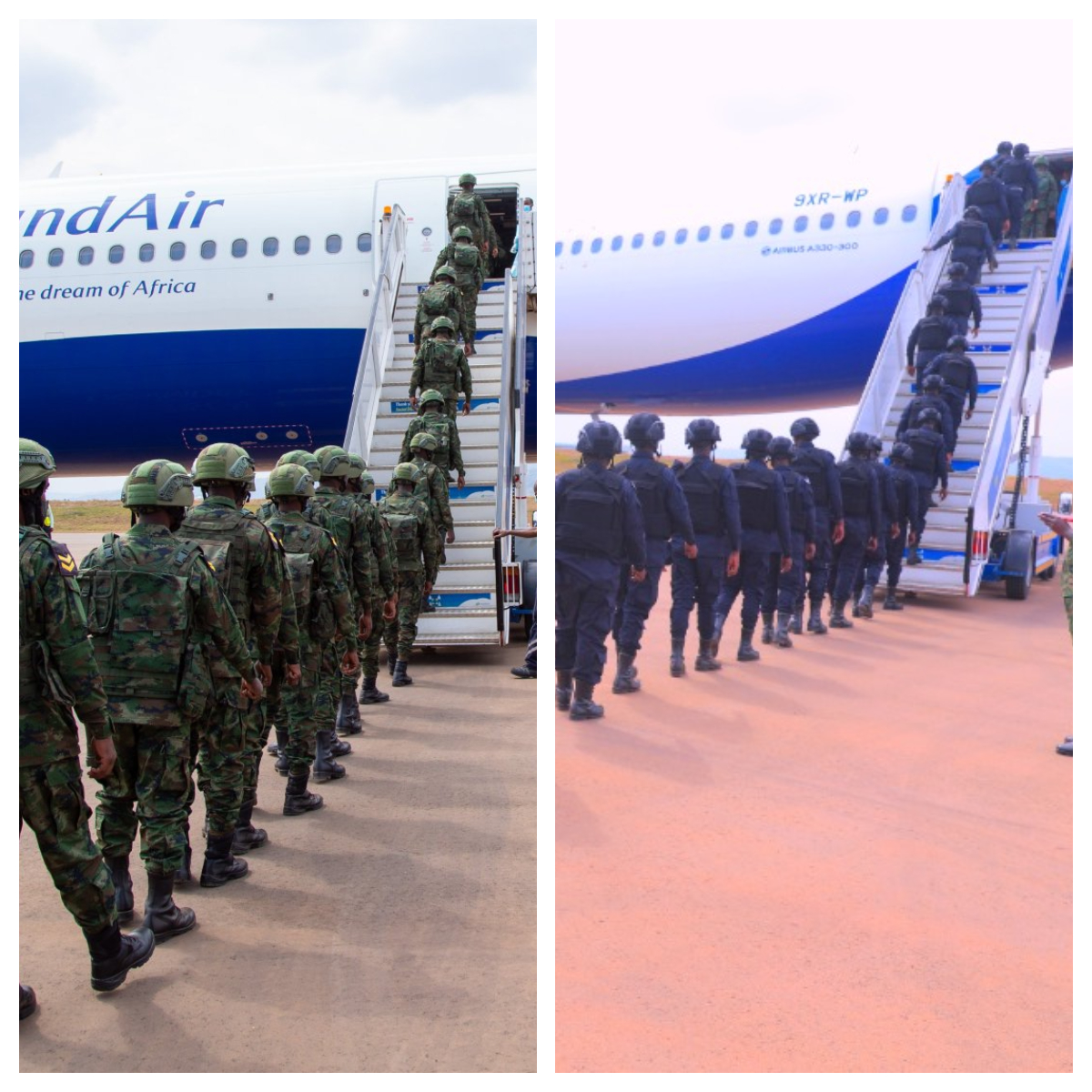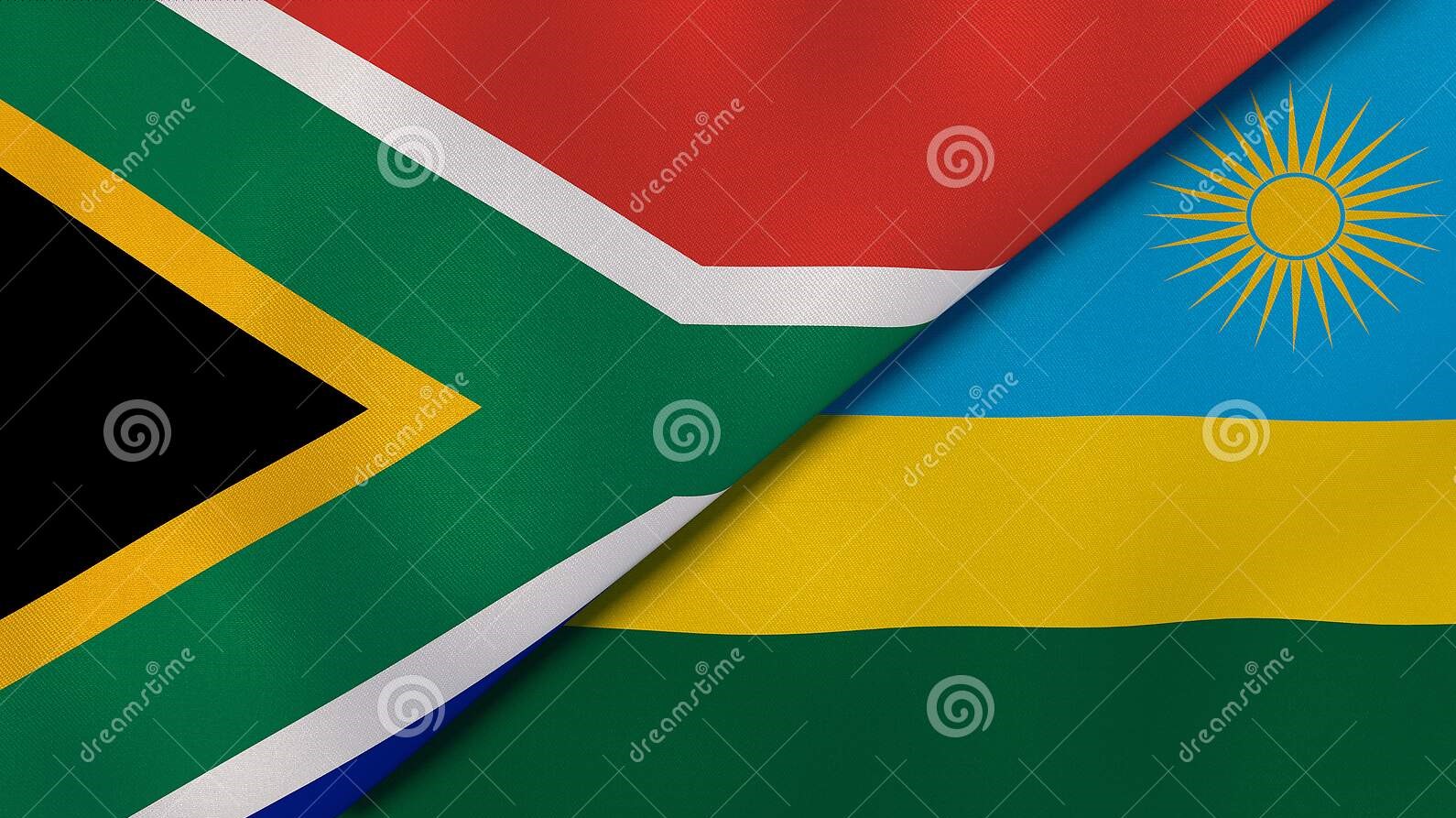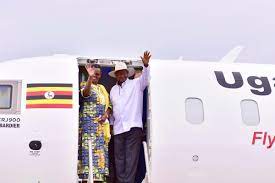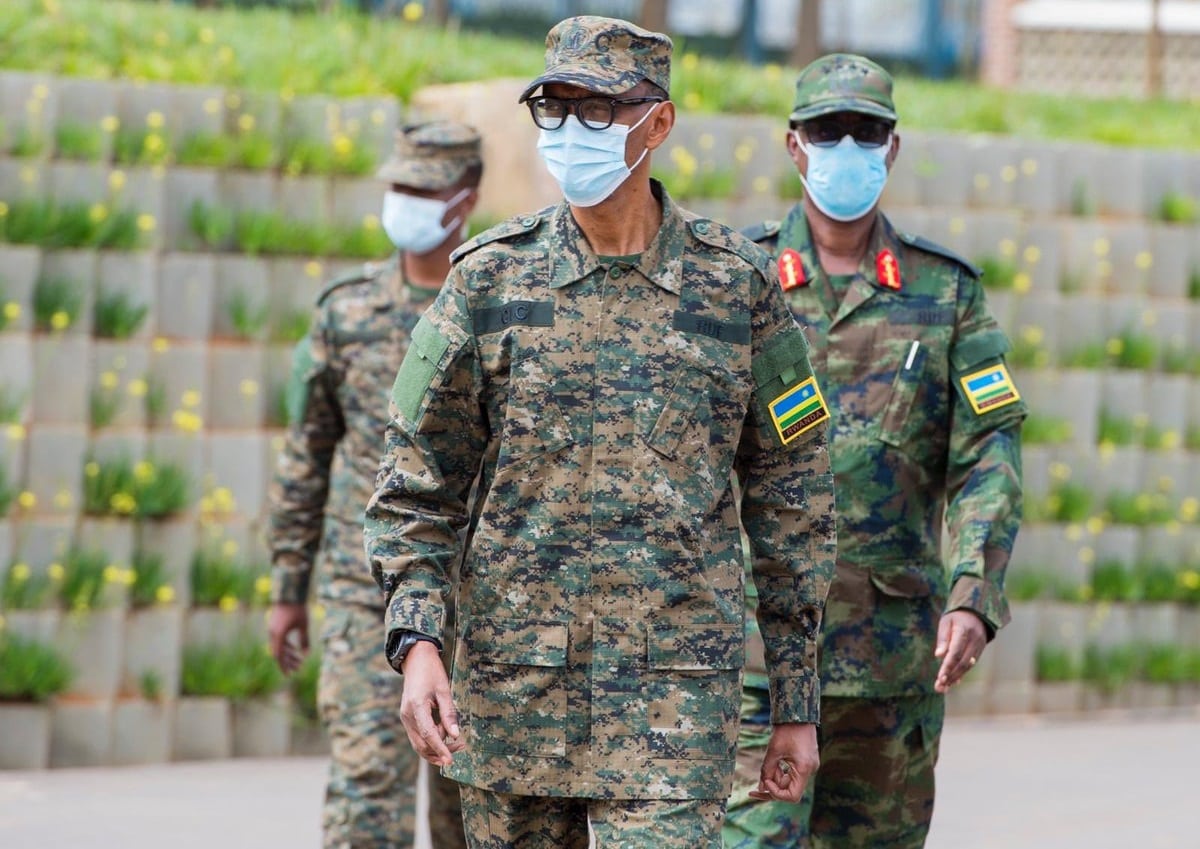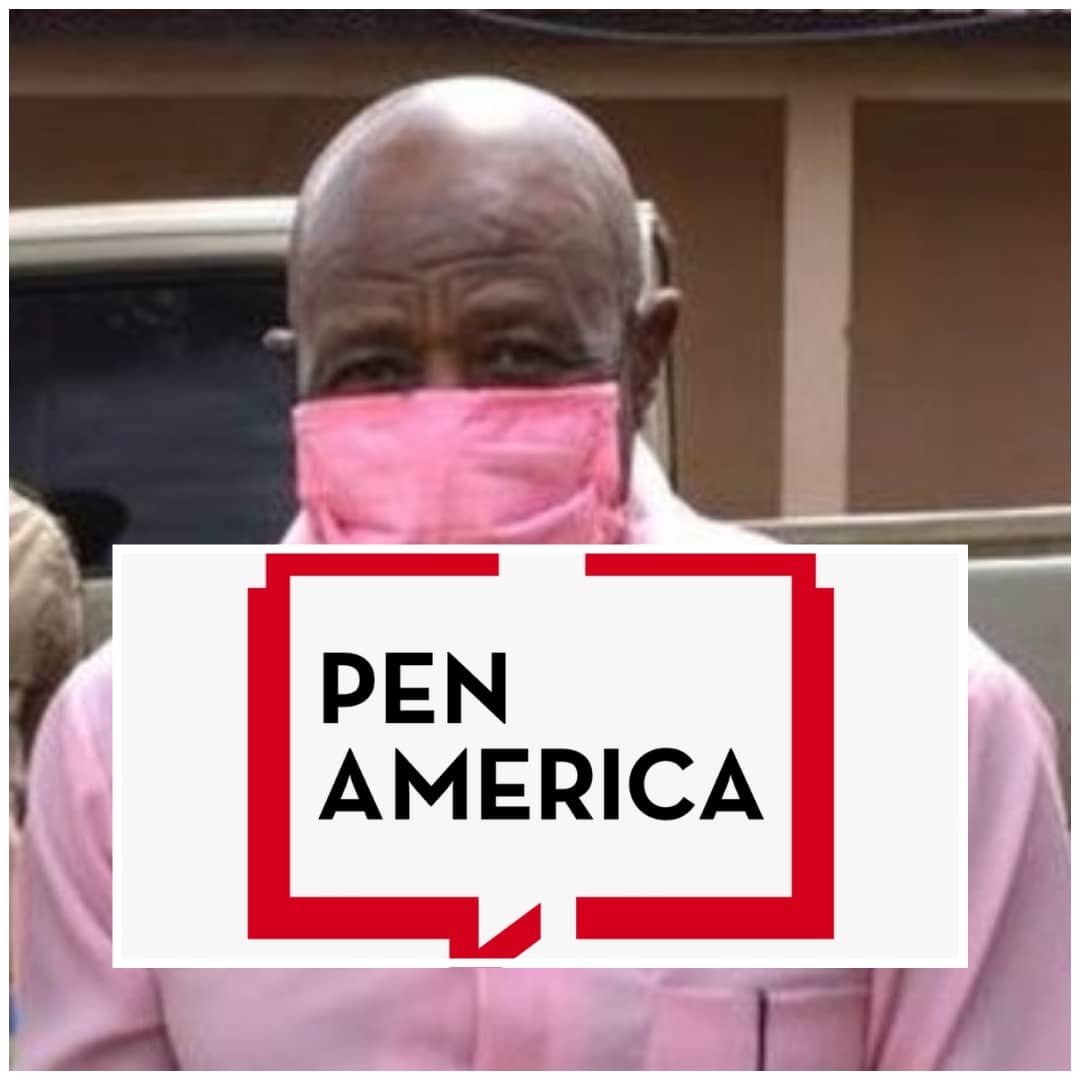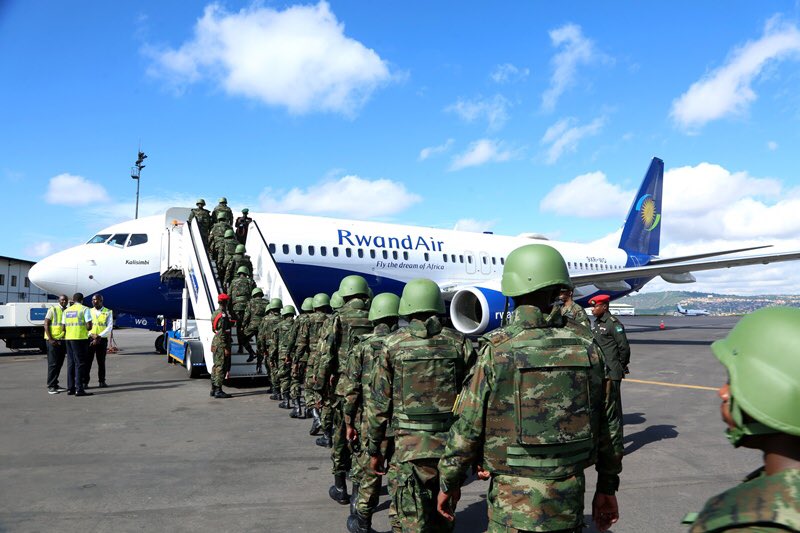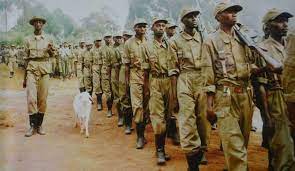Regional
How Uganda finances terror in DRC

When Ugandan President Yoweri
Museveni met his Democratic Republic of Congo counterpart Felix Tshisekedi in
mid-June to commission a road project at the Mpondwe-Kasindi border, people from both countries were excited.
They praised the project as they anticipated positive socio-economic
transformation of their livelihoods.
But those who know the treacherous
ways of Museveni were suspicious. They wondered why Ugandans would be
interested in funding a road project in DRC when roads inside Uganda are in a
sorry state.
It now emerges that Uganda is
carrying out illicit Cocoa trade in DRC and the money is used to finance
activities of terrorist militia groups operating there. This could be the
reason, analysts believe, behind Museveni’s interest in building roads in the
DRC rather than facilitating formal trade that can benefit both countries.
There are two companies operating
crossborder cocoa trade - ESCO-Kivu and ESCO-Uganda. These two companies are
believed to be working closely with the Allied Democratic Forces (ADF), a
terrorist group of Ugandan origin that has - according to the US State
Department - pledged allegiance to the Islamic State (IS).
In March, the US placed this Ugandan
terrorist group, which has been active in the DRC since the mid-1990s, on the list of terrorist groups affiliated with IS.
The US government blames ISIS-DRC or ADF/Madina at Tauheed Wau Mujahedeen for
numerous attacks in the provinces of North Kivu and Ituri, in eastern DRC.
The ADF/MTM, which is led by Seka
Musa Baluku, is mainly wreaking havoc in
Rwenzori, one of the sectors of Beni territory, in DRC's North Kivu Province,
killing more than 800 civilians in 2020 alone, according to the UN.
Meanwhile, the owners of the Ugandan
company are being linked to Museveni’s family, especially his young brother,
Gen Salim Saleh.
Information available indicates that
the ADF terror group always attacks residents in Rwenzori during the Cocoa
harvesting season so that when people run away for their safety, ADF takes
advantage and harvests the Cocoa beans and then ESCO trucks transport the
harvest to Uganda for sale.
The trucks use the Nobili border in
the chefferie de Wataringa of Beni. A source established the number plates of
14 trucks used in this transport:
UAJ661R, UAD721Q, UAK878A, UAD749Q, UAJ653R, UAD727Q, UAH928U, UDE946L,
UAJ660R, UAD719Q, SSD252H, UAQ826C, T403CSU, UBE440Z.
These trucks cross the DRC-Uganda
border without any declaration documents, according to the source, "an
indication that the business is conducted by high level security agents in
Uganda's CMI and Ugandan immigration."
After selling the Cocoa, it has been
established, money is transferred to finance ADF/MTM terror group's activities
in Beni through two commercial banks - Equity/BCDC located in Kasese, Uganda
and Rwabank in Beni, DRC.
Cocoa business is used as a cover for
ESCO-Uganda to transfer money to ESCO-Kivu but the money ends up in the hands
of the ADF. It has been established that between 2017 to 2020, $25 million was
transacted in the mentioned banks in the name of “buying Cocoa” from farmers,
when in actual fact there was no single farmer or supplier of Cocoa on ground.
On April 29, the Congolese Judiciary
accused ESCO-Kivu of financing cross-border terrorism, by involving in illicit
activities on the Nobili border. "It is believed that high level officials
from DRC and Uganda are behind this terror financing business. The terrorism in
Beni is caused by ADF/MTM which gets financial support from Uganda with the
backing of Museveni’s inner circle which is involved in illegal trade in DRC.
Museveni sponsoring and supporting
terrorism activities in the Great Lakes Region rather than supporting peace,
stability and regional integration.
The Rwanda National Congress (RNC), a
terror group led by fugitive Kayumba Nyamwasa, is known to be working closely
with Museveni’s security agencies to recruit and plot terror attacks on Rwanda.


